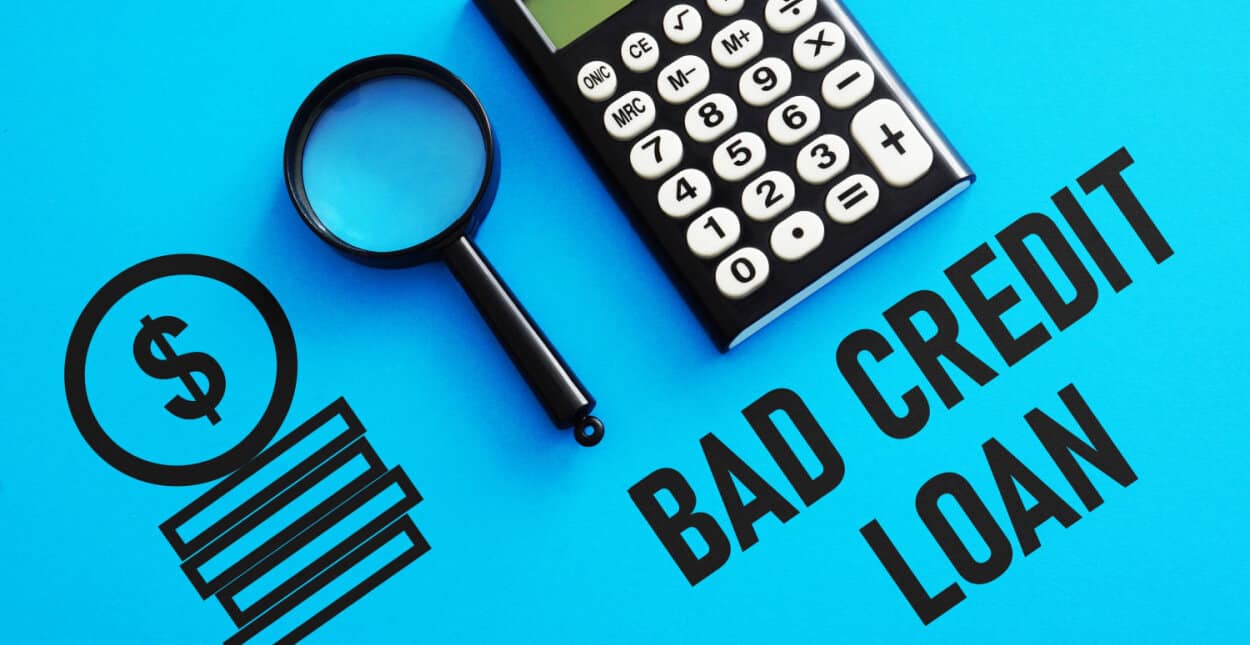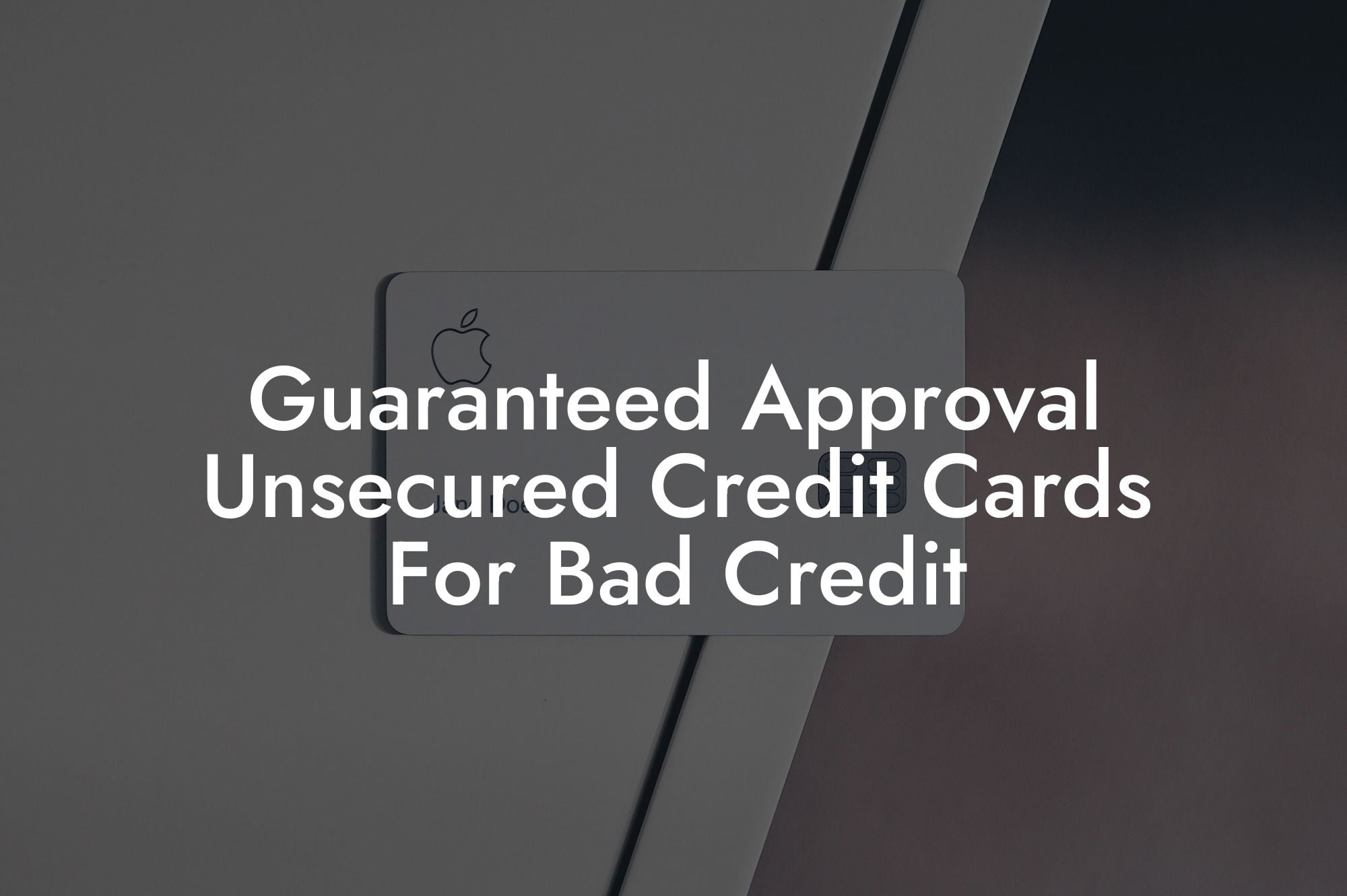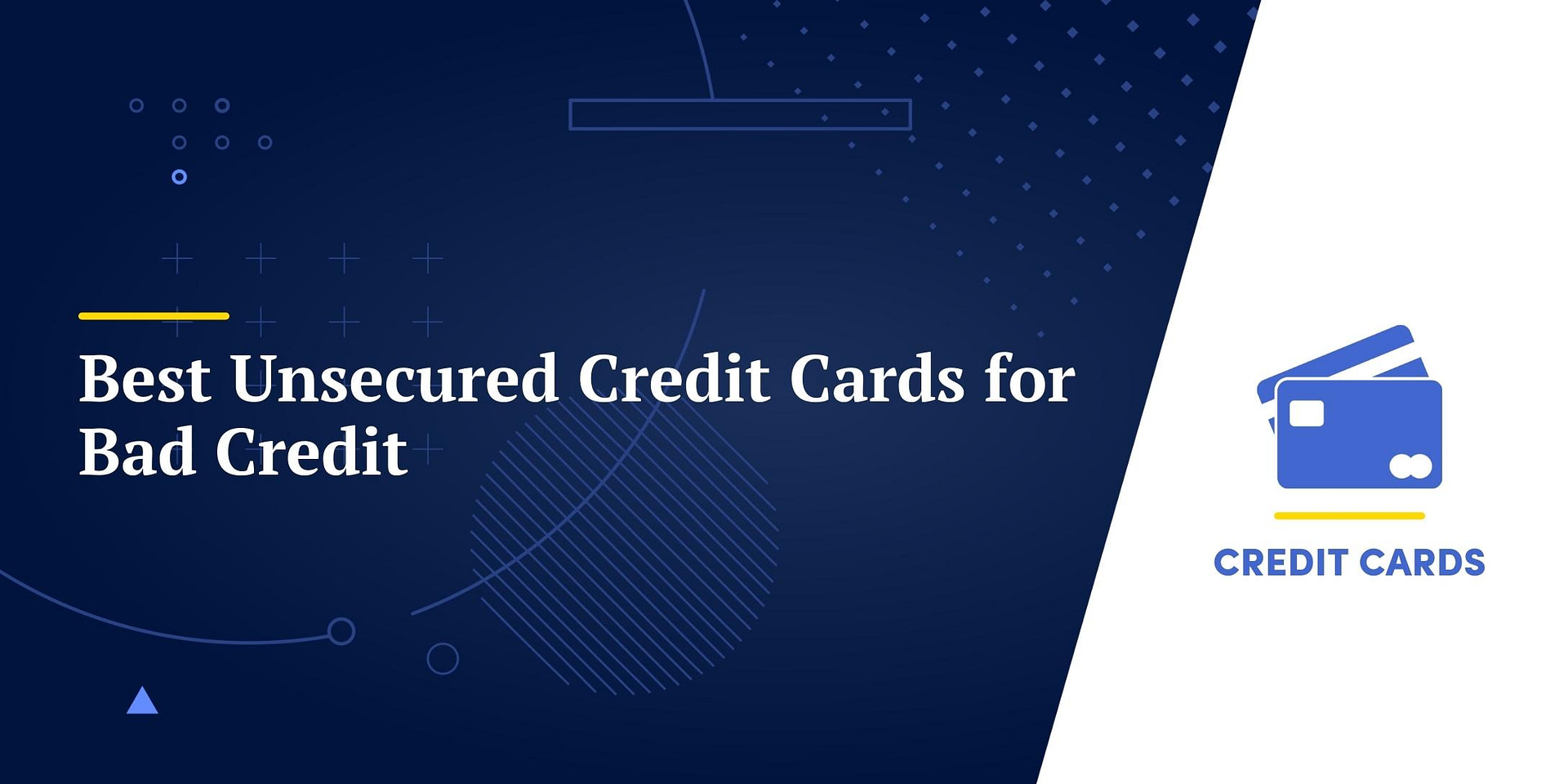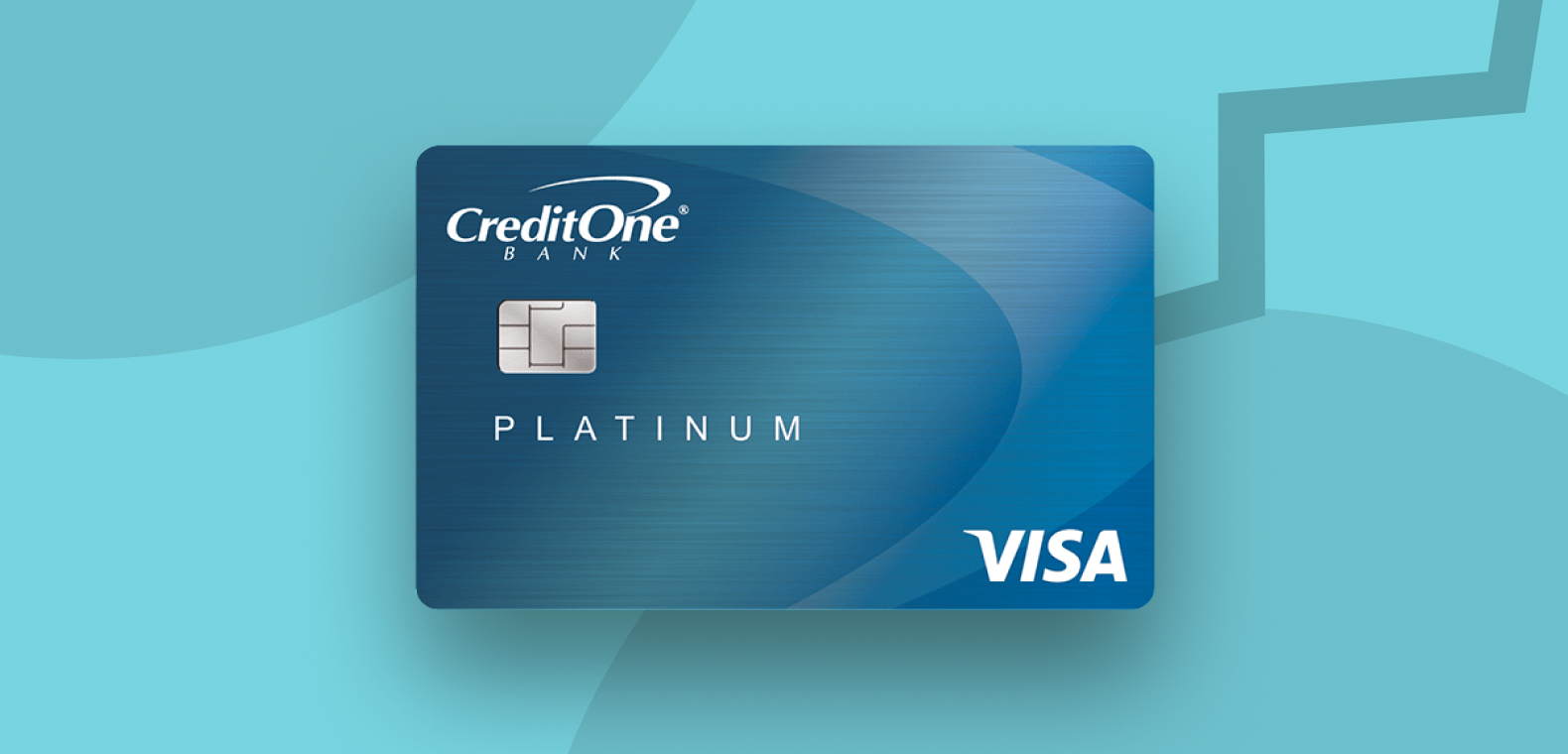Bad Credit Line Of Credit Guaranteed Approval

The promise of easy credit, especially for those with a less-than-stellar credit history, can be incredibly alluring. Offers for "Bad Credit Line of Credit Guaranteed Approval" are increasingly prevalent, often appearing online and through targeted advertising. But beneath the surface of these seemingly straightforward offers lies a complex web of risks, potential scams, and financial pitfalls that consumers must carefully navigate.
This article will examine the reality behind these "guaranteed approval" lines of credit, exploring the common practices of lenders, the potential dangers to borrowers, and the responsible alternatives available. It aims to equip readers with the knowledge to make informed financial decisions and avoid being taken advantage of by predatory lending practices.
The Allure and the Reality
The appeal of a guaranteed approval line of credit for individuals with bad credit is understandable. Many find themselves in situations where they need access to funds for emergencies, unexpected expenses, or simply to manage their day-to-day finances. Traditional lenders, such as banks and credit unions, often deny applications from those with low credit scores, leaving them feeling stranded.
However, the term "guaranteed approval" is often a red flag. Legitimate lenders typically assess a borrower's creditworthiness before extending credit, taking into account their credit history, income, and debt-to-income ratio. A guaranteed approval promise often signals that the lender may be prioritizing profit over responsible lending practices.
What Does "Bad Credit" Really Mean?
Bad credit generally refers to a credit score that falls below a certain threshold, typically below 630 on a FICO score. This can be the result of late payments, defaults on loans, high credit card balances, or even bankruptcy. A low credit score can make it difficult to obtain loans, rent an apartment, or even secure certain types of employment.
Knowing your credit score and understanding the factors that affect it is crucial. Credit reports from the major credit bureaus (Equifax, Experian, and TransUnion) can be obtained for free annually through AnnualCreditReport.com.
Predatory Lending Practices: What to Watch Out For
Lenders offering guaranteed approval lines of credit often employ predatory lending practices that can trap borrowers in a cycle of debt. These practices can include exorbitant interest rates, hidden fees, and unfair loan terms.
High Interest Rates: Perhaps the most significant risk is the sky-high interest rates often associated with these lines of credit. Interest rates can range from 36% to upwards of 400% APR, significantly increasing the total cost of borrowing. For instance, data from the Consumer Financial Protection Bureau (CFPB) indicates that payday loans and similar products, often marketed to individuals with bad credit, carry extremely high interest rates.
Hidden Fees: Many lenders charge a variety of fees, including application fees, origination fees, maintenance fees, and late payment fees. These fees can quickly add up and make the line of credit even more expensive. Always read the fine print and understand all the fees involved before accepting a loan offer.
Short Repayment Terms: Some lines of credit have very short repayment terms, often requiring borrowers to repay the loan in a matter of weeks or months. This can put a significant strain on their finances and make it difficult to repay the loan on time, leading to further fees and penalties.
Debt Traps: The combination of high interest rates, hidden fees, and short repayment terms can easily trap borrowers in a cycle of debt. They may find themselves borrowing more money to repay the original loan, digging themselves deeper into a financial hole.
"Predatory lending preys on vulnerable consumers, often trapping them in cycles of debt,"warns the National Consumer Law Center (NCLC).
Alternatives to Guaranteed Approval Lines of Credit
While the allure of guaranteed approval may be tempting, there are often better and more responsible alternatives available to individuals with bad credit.
Secured Credit Cards: A secured credit card requires a cash deposit as collateral, which serves as the credit limit. This can be a good way to rebuild credit as responsible use is reported to the credit bureaus. Experian, for example, promotes secured credit cards as a valuable tool for credit repair.
Credit Builder Loans: These loans are designed to help borrowers establish or rebuild their credit. The borrower makes payments on the loan, and the lender reports these payments to the credit bureaus.
Credit Counseling: Non-profit credit counseling agencies can provide assistance with budgeting, debt management, and credit repair. They can also help borrowers negotiate with creditors to lower interest rates or create payment plans. The National Foundation for Credit Counseling (NFCC) is a reputable resource for finding certified credit counselors.
Personal Loans for Bad Credit (with Caution): Some lenders offer personal loans specifically for borrowers with bad credit. However, it is crucial to compare offers carefully and ensure that the interest rates and fees are reasonable. Always prioritize lenders that report to major credit bureaus.
Protecting Yourself from Predatory Lenders
Protecting yourself from predatory lenders requires vigilance and a healthy dose of skepticism. Here are some steps you can take:
Research the Lender: Before applying for a line of credit, research the lender's reputation and check for any complaints or lawsuits filed against them. The Better Business Bureau (BBB) can be a valuable resource for this.
Read the Fine Print: Carefully read the terms and conditions of the line of credit, paying close attention to the interest rates, fees, and repayment terms. Do not sign anything until you fully understand the agreement.
Avoid High-Pressure Sales Tactics: Be wary of lenders who use high-pressure sales tactics or try to rush you into making a decision. A legitimate lender will give you time to consider the offer carefully.
Seek Professional Advice: If you are unsure about a line of credit offer, seek advice from a financial advisor or credit counselor. They can help you assess the offer and determine if it is right for you.
The Future of Lending and Consumer Protection
The issue of predatory lending and access to credit for individuals with bad credit remains a significant challenge. Ongoing efforts are needed to strengthen consumer protection laws and promote responsible lending practices.
The CFPB continues to play a crucial role in enforcing consumer protection laws and educating consumers about their rights. State and federal regulations are also essential for curbing predatory lending practices and ensuring that borrowers have access to fair and transparent credit products.
Financial literacy initiatives can also empower consumers to make informed financial decisions and avoid falling victim to predatory lenders. Education about credit scores, budgeting, and debt management can help individuals build a solid financial foundation.
Ultimately, the promise of "Bad Credit Line of Credit Guaranteed Approval" should be approached with extreme caution. While the need for access to funds is real, the risks associated with these types of offers often outweigh the benefits. By understanding the potential pitfalls and exploring responsible alternatives, consumers can protect themselves from predatory lenders and take control of their financial futures. A critical approach, due diligence, and seeking support when needed are the keys to navigating the complex world of credit.


















